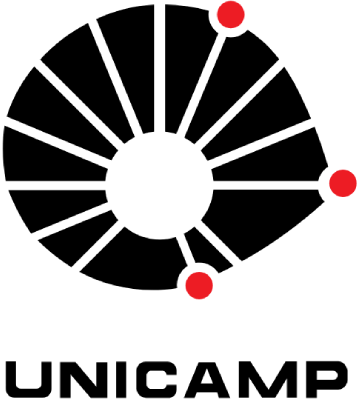A SYSTEMATIC REVIEW OF AGENT-BASED MODELING AND SIMULATION APPLICATIONS FOR ANALYZING PRO-ENVIRONMENTAL BEHAVIORS
Resumo
Understanding people's pro-environmental behavior (PEB) is central to environmental public policy effectiveness. The use of agent-based modeling and simulation (ABMS) to explore these behaviors is increasing in diverse research fields. This paper provides a systematic mapping study to analyze how ABMS has been applied to analyze PEBs. Fifty-six articles published between 2009 and 2021 from different knowledge areas are examined, reviewing each model for similarities and particularities. ABMS is a potential tool for simulating future scenarios to comprehend PEBs, especially in situations that cannot be empirically measured. The studies were investigated considering the behavioral theories, ABMS platform or computer language, simulation characteristics and features, computational model code transparency, and validation employed. Most reviewed studies focused on electric energy consumption or technologies to reduce future demand. However, other subjects, such as waste prevention, consumption, eating habits, and water use, still need to be explored. The theory of planned behavior (TPB) and social norms were the most prevalent behavioral theory and behavioral influence bases to simulate individuals. Still, many other behavioral assumptions are being implemented. Future research should analyze understudied PEBs using ABMS to support the simulation of more realistic scenarios in developing and underdeveloped countries. The conclusion shows the need for more detailed criteria descriptions to understand and replicate these models and how ethics can be an important feature for future ABMS experiments.
Membros




